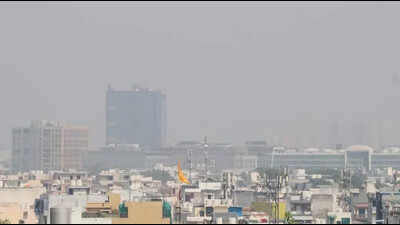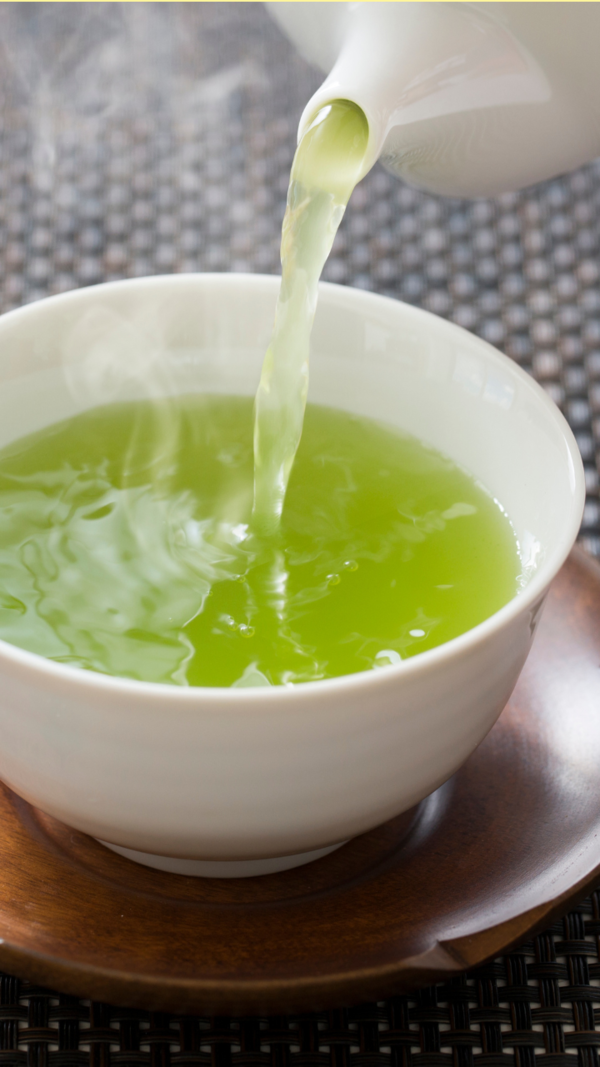- News
- Air quality remains poor for second consecutive day in city
Air quality remains poor for second consecutive day in city

According to SAFAR, the air quality is expected to be in the lower end of the ‘very poor' category between Oct 22 and Oct 24.
This is as meteorological conditions are unfavourable for effective dispersion of pollutants as calm winds prevail during the night.
Additionally, stubble burning and waste burning are likely to add significantly to air pollution. The surface winds are expected to come from southeast or northeast directions to Delhi with a speed of 8-10 kmph and a largely clear sky is expected on Tuesday.
Meanwhile, the second stage of Graded Response Action Plan (GRAP-II) will be implemented in Delhi-NCR with effect from Tuesday, Commission for Air Quality Management (CAQM) has stated. The decision was taken in the light of the capital's air quality turning ‘very poor' for the first time this season on Monday. The air quality index (AQI) is likely to go up further, authorities have warned.
Experts have cautioned that the AQI is likely to further deteriorate in city in the coming days. Manoj Kumar, an air analyst at Research and Energy for Clean Air (CREA), said, "The AQI of the region is expected to worsen after Diwali. In the next 10 days, due to unfavourable meteorological conditions, the dispersion of pollutants will not take place, leading to a higher load of pollutants after Diwali. Moreover, if GRAP orders are not implemented fully and stubble burning also peaks during this time like every year, the situation will be made worse."
According to the Central Pollution Control Board, when AQI is in the 'poor' category, people, on prolonged exposure, can experience discomfort in breathing. An AQI between zero and 50 is considered 'good', 51 and 100 'satisfactory', 101 and 200 'moderate', 201 and 300 'poor', 301 and 400 'very poor', and 401 and 500 'severe'.
Dr Pratibha Dogra, senior consultant - pulmonology and sleep medicine at Marengo Asia Hospitals Gurgaon, advised people with pre-existing conditions to take precautions while going out.
"Rise in air pollutants impacts people's health negatively, especially those with underlying health issues. Common respiratory issues caused by polluted air include asthma, bronchitis, and chronic obstructive pulmonary disease. These intensify with longer exposure periods and people experience shortness of breath, coughing, wheezing, and congestion," she said.
"Air pollution can also cause irritation in eyes, compromised immune systems, and cardiovascular disorders. Prolonged exposure increases the likelihood of heart attacks, strokes, and lung cancer. Vulnerable groups, including children, the elderly, and people with pre-existing medical issues, face an elevated risk," she added.
End of Article
FOLLOW US ON SOCIAL MEDIA









